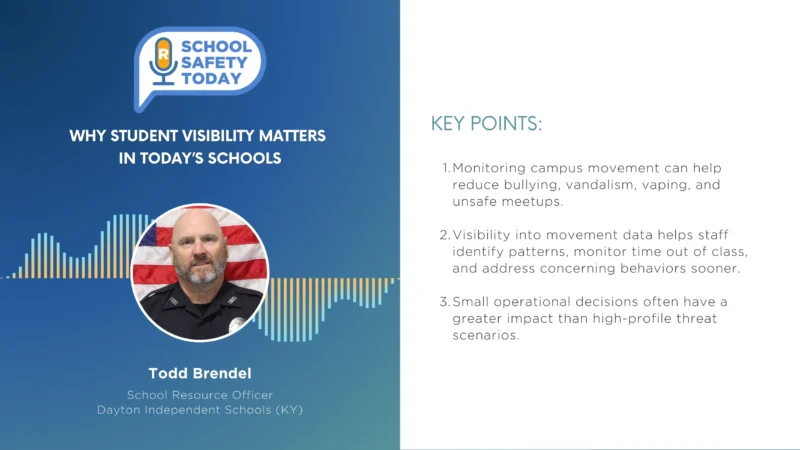Can Professors Use ChatGPT for Academic Research?
We have yet to reach the limit of what generative AI can consistently create. In fact, hobbyists and professionals are just getting started with leveraging ChatGPT for a variety of long-form text use cases. In just a few seconds, the tool can spit out five-paragraph essays on the metaphors of Romeo and Juliet. What about a scientific essay? What about supporting the presentation of scientific theories? Could professors use ChatGPT for academic research?
Generative AI and ChatGPT automation allow for near-instant searches of massive datasets and the ability to spot inconsistencies that us users might have missed. While this can be a massive boon for scientists and researchers, issues arise with generative AI’s propensity for confidently presenting false information. For example, when asked to write that five-paragraph essay on Romeo and Juliet, if asked to show its sources, ChatGPT will simply make them up.
Despite these issues, René Morkos, the founder and CEO at generative AI company ALICE Technologies and Adjunct Professor of Construction Management at Stanford is confident that Generative AI and ChatGPT automation’s effects will ripple up and down the science vertical and larger academic field. He and other Stanford academics have already been deep in discussion around how to use ChatGPT for academic research. Here’s his take on how ChatGPT could support his own research.
René’s Thoughts:
“ChatGPT is going to change your life, but not the way you think. My name is René Morkos, and I’m an adjunct professor of construction management at Stanford University. I’m also the founder and CEO of ALICE Technologies, a generative AI company for construction that can generate millions of different ways to build a given construction project, reducing construction durations by 17%, and labor costs by 13%.
So, what does ChatGPT and other generative AI mean for the science vertical? We’ve been having that discussion amongst Stanford researchers for some time, and whether or not ChatGPT will fundamentally change how research is done. For example, not only are we asking if it can create papers but can it grade them?
When I’m doing research, I split my time into three categories: creating, arranging, and polishing. Which I work on is usually dictated by how much sleep I’ve gotten. Creating is making the actual pieces that compose the original body of intellectual work. This is a theoretical contribution, the hard part that you need to be fully present and creative for. Arranging is moving those pieces around to create a narrative. And polishing is ironing out the grammar, the formatting, or even writing a short introduction using other sources, stuff that’s relatively easy. ChatGPT is really good at receiving a query and outputting words in the order which it thinks is correct, but it uses large existing data sets to do so, and therefore is limited by what those data sets contain.
It can easily create inaccurate content. It does not have the ability to create new original contributions. It’ll be used for arranging and polishing in the research fields, even creating standard introductions, but it cannot create an original theory yet.”







